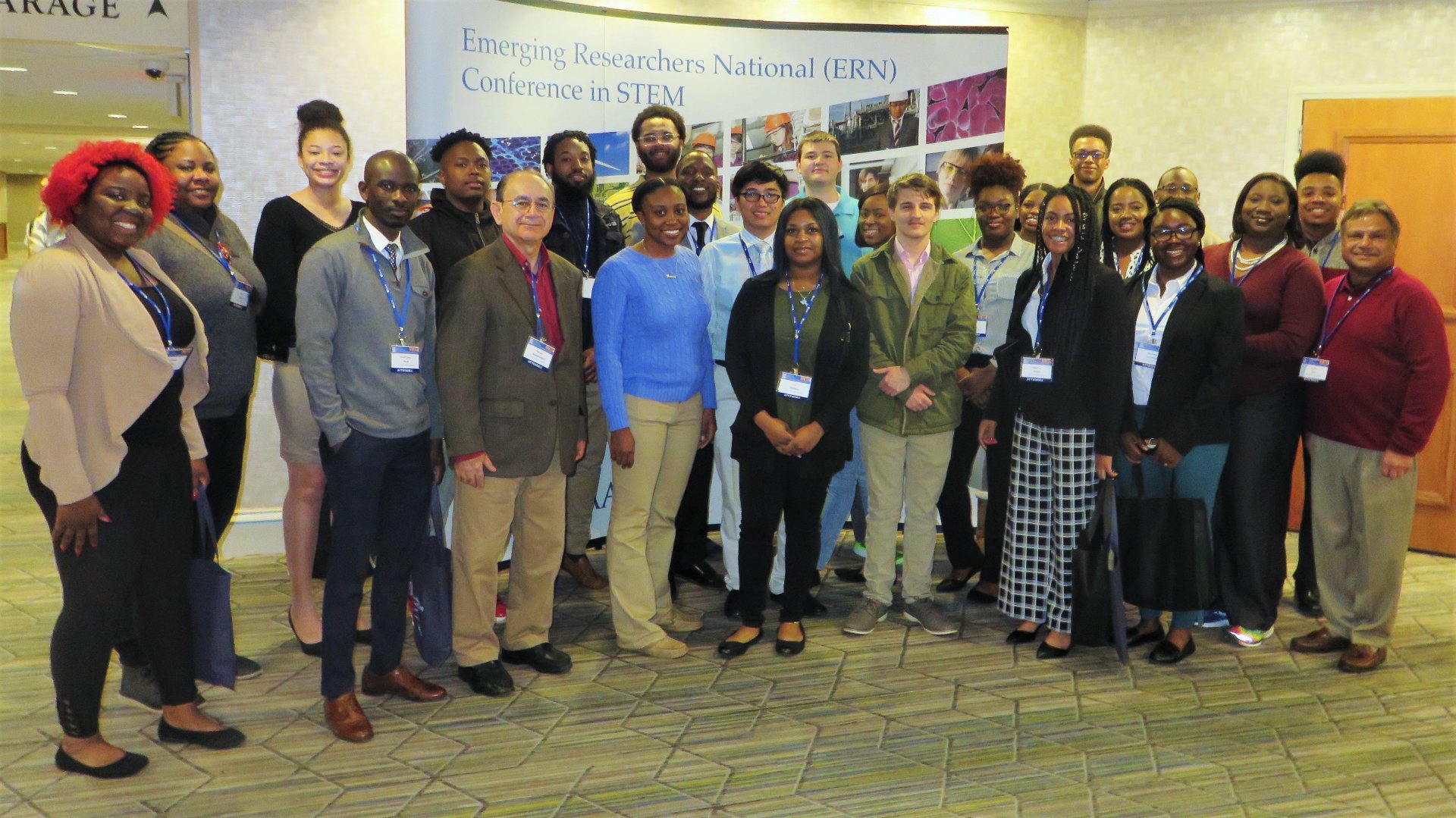The National Science Foundation (NSF) recently awarded a five-year $2.25 million grant to Fort Valley State University to maintain its support of research capabilities, STEM (science, technology, engineering and mathematics) education and emerging technology.
The 1890 Land-Grant University seeks to build on the successes of two former projects funded by the NSF’s Historically Black Colleges and Universities – Undergraduate Program (HBCU-UP). The proposed project will provide a unique opportunity for undergraduates and dual-enrollment students at FVSU to gain multidisciplinary research skills in genome engineering and computational data science.
Dr. Sarwan Dhir, FVSU plant biotechnology professor, said the goal of the HBCU-UP is to recruit and retain 80 undergraduates over five years and provide mentoring, academic support and knowledge in advanced graduate research. Specific emphasis is on increasing the number of well-prepared FVSU students who seek to obtain a STEM-related doctoral degree and who can successfully be accepted into the nation’s top STEM graduate programs or the workforce.
Additionally, Dhir said the multimillion-dollar grant will provide research stipends for participating students and travel funds. Students can present their research at national and international professional scientific meetings and conferences. This includes six-week international summer internships for 40 students during the grant period.
Basic eligibility requirements for the NSF HBCU-UP include students seeking a bachelor’s degree, graduate school or career in plant science-biotechnology and computer science. Students must be U.S. citizens and maintain an overall grade point average of 3.0 or higher. Other requirements include showing strong academic ability and demonstrating financial need as defined by the U.S. Department of Education.
Furthermore, eligible students must fully participate in the program enrichment activities such as guest speaker seminars, workshops, events at the campus level and community outreach. Recipients also must participate in internships that reflect their academic goals.
“This program could help FVSU establish itself as a premier HBCU hub and could result in other HBCUs and institutions implementing their genome engineering and computational data science curriculum,” Dhir said.
He is collaborating with several FVSU colleagues and more than 30 national and international research institutions on this project. A team of FVSU STEM research faculty have already planned 20 activities. As principal investigator, Dhir said Dr. T. Ramon Stuart, FVSU provost and vice president of academic affairs, will serve as the project’s co-principal investigator for overall supervision.
“I am pleased to see that our relationship with the NSF continues as we were able to acquire new resources to promote student success. Through these resources, we can expose our students to opportunities and provide support to ensure their success in the classroom as we prepare them to be leaders of our state, nation and around the world,” Stuart said. “The resources that we now have will allow our students to hone and develop skills to prepare them for future careers, and we are excited about the endless possibilities.”
FVSU computer science professors Masoud Naghedolfeizi (part of two previous NSF HBCU-UP projects) and Xiangyan Zeng will also serve as co-principal investigators.
“I am excited to be part of this impressive project, which provides our STEM students with excellent opportunities to conduct research at top universities nationally and internationally. This unique project will have a lasting impact on the quality of STEM education at FVSU,” Naghedolfeizi said.
Dr. Ralph Noble, dean of the College of Agriculture, Family Sciences and Technology, said the CAFST is proud to support Dhir and his team in developing this cutting-edge program at FVSU.
“Every day, the research community and society are inundated with information that is generated at a mind-blowing rate. There is a growing need for individuals familiar with how to manage this information or data,” Noble said. “That is where bioinformatics and computer science training play a role. With minorities (especially African Americans) needing a boost in training in STEM fields, this project will provide our students with training that blends expertise from both areas with exponential experience from across the country and around the world. We look forward to the arrival of the first cohorts and the career path they will develop.”
The submission of this grant was a collaborative effort involving FVSU professors Naghedolfeizi, Zeng, Seema Dhir, Dr. Kaneatra Simmons and Dr. Komanduri Murty with the College of Arts and Sciences, and Dr. Rebecca McMullen with the College of Education. Additional collaborators included Drs. Hari Singh, Nirmal Joshee and Govind Kannan with the CAFST, and Dr. Isaac Crumbly, director of the Cooperative Developmental Energy Program (CDEP).
To apply for the NSF HBCU-UP, contact Dhir at (478) 822-1057 or dhirs0@fvsu.edu, or Naghedolfeizi at (478) 825-6612 or feizim@fvsu.edu.

